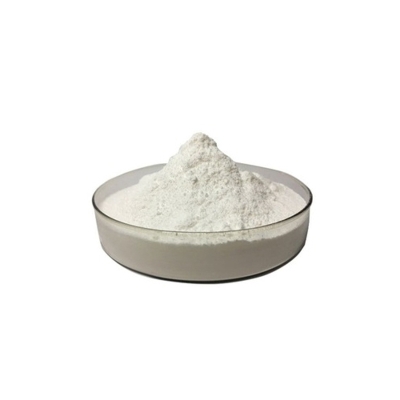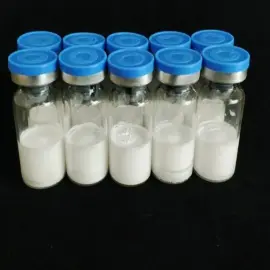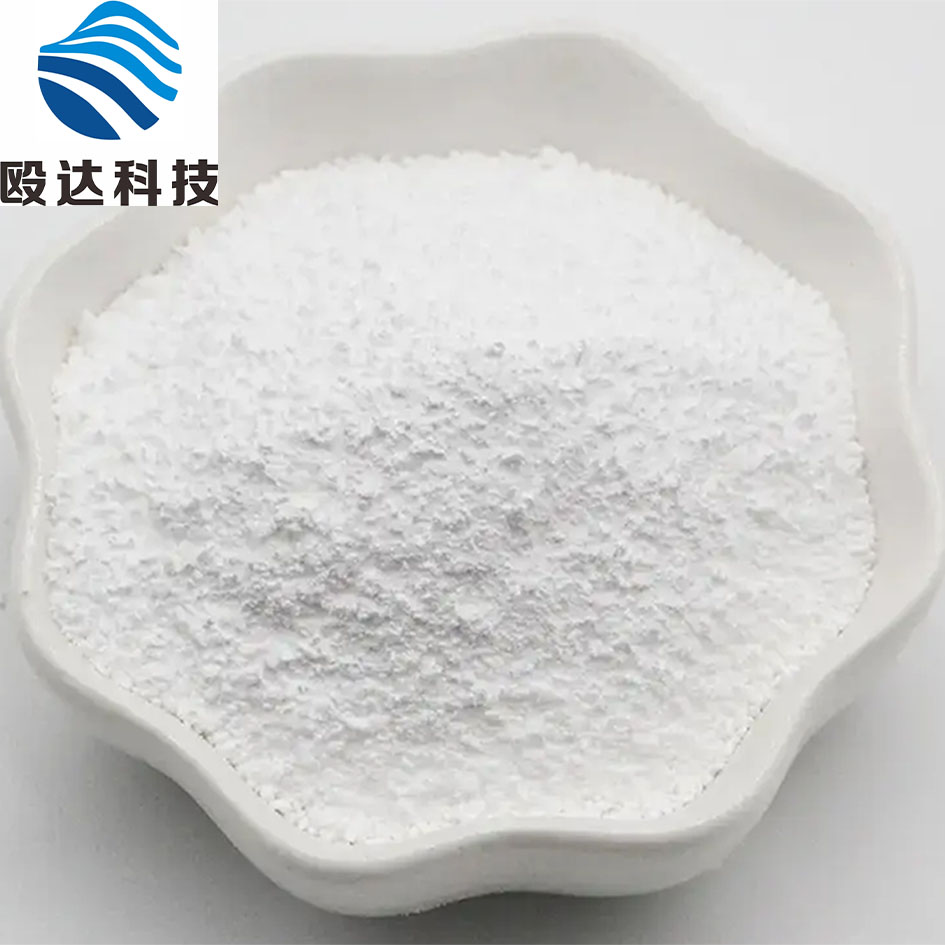The most severe anti-inflammatory order in Zhejiang Province, the third level hospital stopped outpatient infusion completely
-
Last Update: 2016-01-22
-
Source: Internet
-
Author: User
Search more information of high quality chemicals, good prices and reliable suppliers, visit
www.echemi.com
Source: on January 22, 2016, in order to improve the rationality of using antibacterial drugs, the health and Family Planning Commission of Zhejiang Province issued the notice, which requires the hierarchical management of the clinical application of antibacterial drugs At the same time, Zhejiang provincial health and Family Planning Commission advocated to gradually stop the intravenous infusion of antibiotics to outpatients, and the third level hospital took the lead in stopping it in an all-round way According to the notice, in addition to children's hospitals and pediatrics, Zhejiang provincial tertiary hospitals should take the lead in stopping the intravenous infusion of antibiotics to outpatients Children's hospitals, hospitals, pediatrics and other medical institutions at all levels should be gradually reduced until the outpatient intravenous infusion of antibiotics is stopped The so-called hierarchical management of clinical application of antibacterial drugs is to divide antibacterial drugs into three levels: unrestricted use, restricted use and special use Doctors at all levels have the prescription right of unrestricted use of antibiotics; doctors with associate senior titles or above have the prescription right of restricted use; doctors with senior titles have the prescription right of special use Generally speaking, after the management level of antibacterial drugs is determined, medical institutions are prohibited to reduce its level, only to increase it For example, change non restricted use level varieties to restricted use level; change restricted use level to special use level management According to the regulations, doctors are not allowed to use antibiotics beyond the grade However, in case of emergency such as rescuing life-threatening patients, clinicians can use antibacterial drugs over grade, but the dosage is limited to one day Doctors who use antibiotics beyond the designated level shall record the indications in detail and complete the necessary procedures for using antibiotics beyond the designated level within 24 hours According to the notice, the clinician can use the antibacterial drugs at a higher level in case of the following situations The first is that the infection is serious and doctors with the corresponding level of prescription right can't be present to prescribe drugs in time; the second is that the patients with low immune function have infection, or the patients need infection treatment, and the special use level antibiotics consultants can't consult by mechanism; the third is that there is objective evidence that the pathogens are only sensitive to the limited use level or special use level antibiotics In addition, restricted use grade antibiotics injections (except for children's hospitals and pediatrics) and special use grade antibiotics should not be used in outpatient clinics The prescription for emergency use shall not exceed 3 days at a time, and the special use level antibacterial drugs can only be used with the consultation consent of a qualified doctor or pharmacist The notice also stipulates the number of varieties of antibacterial drugs in all kinds of medical institutions at all levels In order to supervise the hierarchical management of clinical application of antibiotics in medical institutions, Zhejiang health and family planning administrative department and quality control organization will carry out inspection, evaluation and assessment in accordance with the evaluation indicators and requirements for clinical application of antibiotics.
This article is an English version of an article which is originally in the Chinese language on echemi.com and is provided for information purposes only.
This website makes no representation or warranty of any kind, either expressed or implied, as to the accuracy, completeness ownership or reliability of
the article or any translations thereof. If you have any concerns or complaints relating to the article, please send an email, providing a detailed
description of the concern or complaint, to
service@echemi.com. A staff member will contact you within 5 working days. Once verified, infringing content
will be removed immediately.







